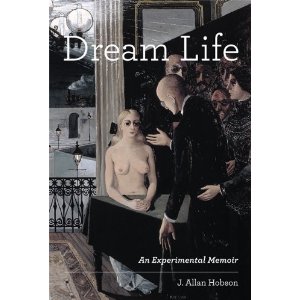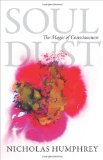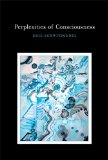new book – ‘Landscape of the Mind: Human Evolution and the Archaeology of Thought’
May 23, 2011
Landscape of the Mind: Human Evolution and the Archaeology of Thought by John F. Hoffecker (Columbia University Press, 2011)
Product description from the publisher:
John F. Hoffecker explores the origin and growth of the mind, drawing on information from the human fossil record, archaeology, and history. Hoffecker argues that, as an indirect result of bipedal locomotion, early humans developed a feedback relationship among their hands, brains, and tools, evolving the capacity to externalize thoughts in the form of shaped stone objects. When anatomically modern humans evolved a parallel capacity to externalize thought as symbolic language, individual brains within social groups were integrated into a neocortical internet, or super-brain, thus giving birth to the mind. Noting that archaeological traces of symbolism coincide with evidence for the ability to generate novel technology, Hoffecker contends that human creativity, as well as higher-order consciousness, is a product of the collective super-brain. Hoffecker equates the subsequent growth of the mind with human history, which began in Africa more than 50,000 years ago. As anatomically modern humans spread across the globe, adapting to a variety of climates and habitats, they redesigned themselves technologically and developed alternative realities via toolmaking, tool use, and artistic expression. Hoffecker connects the rise of civilization to a hierarchical reorganization of the super-brain, triggered by explosive population growth. According to him, subsequent history reflects the varying degrees to which rigid hierarchies of states and empires suppressed the creative powers of the mind, constraining the further accumulation of knowledge. The modern world emerged from the fragments of a collapsed empire after 1200 AD. In the final chapter, Hoffecker speculates on the possibility of artificial intelligence and a mind without biology.
See also: “Evolution of human ‘super-brain’ tied to development of bipedalism, tool-making” at EurekAlert
Comments (0) - consciousness,culture,human evolution,mind,new books






